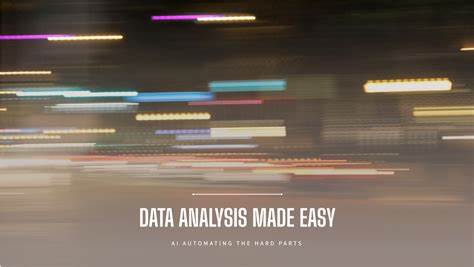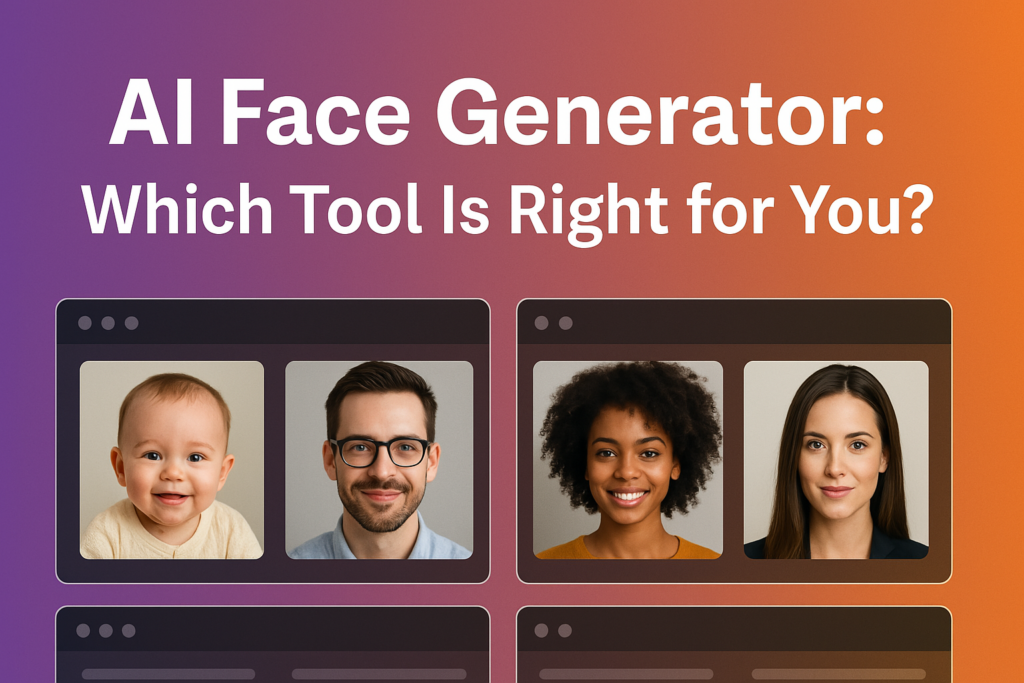In today’s data-driven world, businesses and organizations are constantly faced with vast amounts of information, ranging from customer preferences to market trends and beyond. The ability to extract actionable insights from this data is crucial for making informed decisions and driving business success. Enter Artificial Intelligence (AI) in data analysis, a revolutionary technology that is reshaping the way we analyze and interpret data. In this article, we explore the transformative potential of AI in data analysis, uncovering its benefits, applications, and how it’s revolutionizing decision-making across industries.
Benefits of AI in Data Analysis:
Enhanced Accuracy and Efficiency:
1.AI-powered data analysis algorithms leverage advanced machine learning techniques to process and analyze vast datasets with unparalleled accuracy and efficiency. By identifying patterns, trends, and correlations in the data, AI algorithms enable organizations to derive actionable insights and make informed decisions quickly and effectively, driving business growth and competitive advantage.
Scalability and Flexibility:
2.AI-powered data analysis tools offer scalability and flexibility, allowing organizations to analyze large volumes of data across diverse sources and formats. Whether it’s structured data from databases, unstructured data from social media, or streaming data from IoT devices, AI algorithms can process and analyze data in real-time, providing organizations with timely and relevant insights to support strategic decision-making and operational efficiency.
Predictive Analytics and Forecasting:
3.AI-powered data analysis enables organizations to leverage predictive analytics and forecasting models to anticipate future trends and outcomes. By analyzing historical data and identifying patterns and trends, AI algorithms can forecast future events, market trends, and customer behavior, empowering organizations to proactively identify opportunities, mitigate risks, and optimize business performance.
Application of AI in Data Analysis:
Business Intelligence and Analytics:
1.AI-powered data analysis is revolutionizing business intelligence and analytics by providing organizations with advanced tools and capabilities for extracting actionable insights from their data. Whether it’s analyzing customer behavior, optimizing marketing campaigns, or identifying market trends, AI algorithms enable organizations to gain deeper insights into their operations and make data-driven decisions that drive business growth and innovation.
Healthcare and Life Sciences:
2.AI-powered data analysis is transforming healthcare and life sciences by enabling organizations to analyze complex medical data, such as patient records, genomic data, and clinical trials, with unprecedented accuracy and efficiency. Whether it’s diagnosing diseases, predicting patient outcomes, or identifying personalized treatment options, AI algorithms help healthcare providers and researchers unlock new insights and advancements that improve patient care and drive medical innovation.
Finance and Banking:
3.AI-powered data analysis is reshaping the finance and banking industry by providing organizations with advanced analytics capabilities for risk management, fraud detection, and customer relationship management. Whether it’s analyzing transaction data, detecting anomalies, or predicting market trends, AI algorithms enable financial institutions to make data-driven decisions that enhance security, improve operational efficiency, and drive business growth.
Conclusion:
AI-powered data analysis represents a transformative leap forward in the world of data-driven decision-making, offering organizations unprecedented capabilities for extracting actionable insights from their data. As businesses, healthcare providers, and financial institutions continue to embrace the power of AI in data analysis, the potential for innovation, efficiency, and business success is limitless. By harnessing the transformative capabilities of AI algorithms, organizations can unlock new opportunities, mitigate risks, and drive sustainable growth in an increasingly complex and competitive marketplace.






